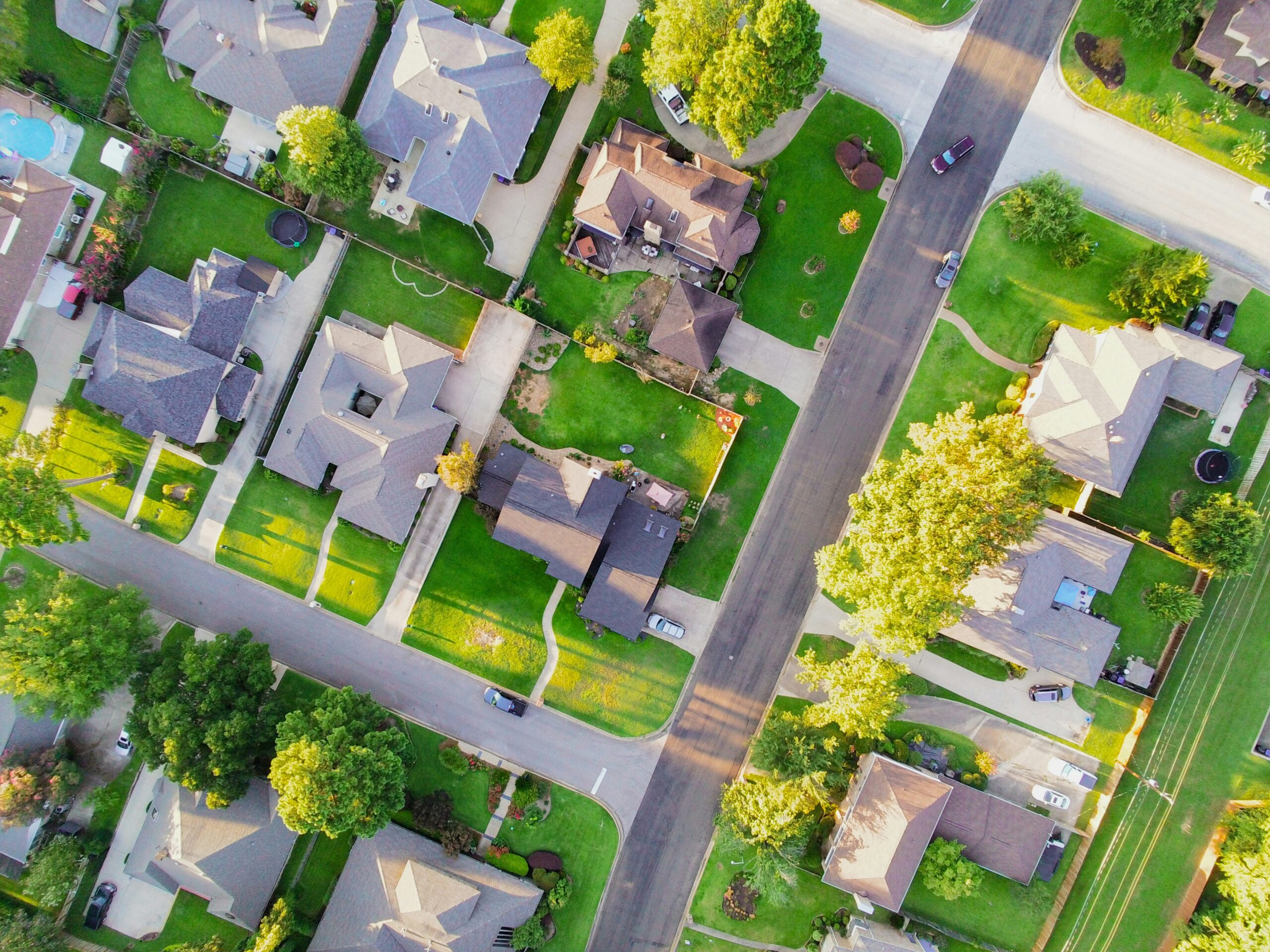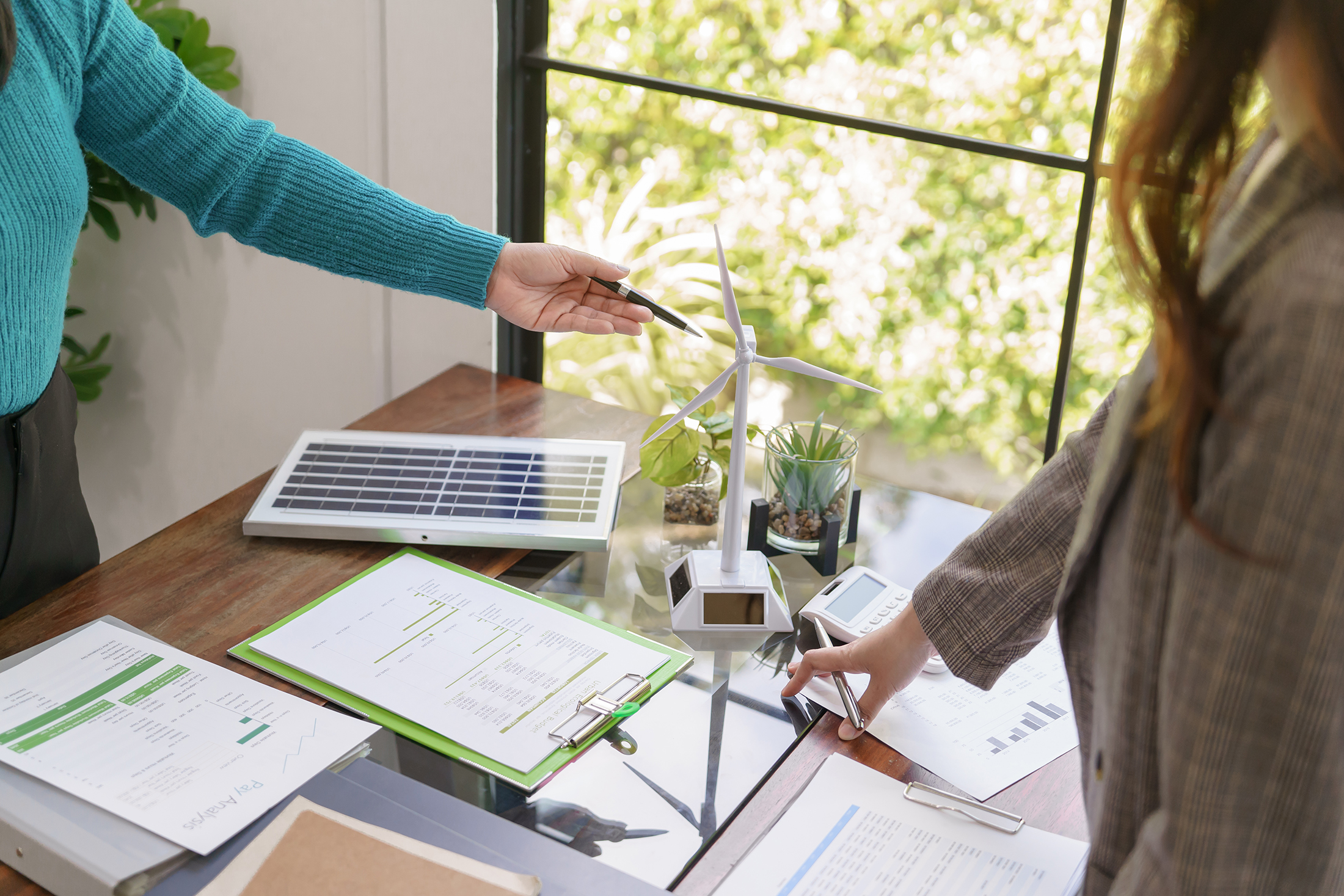Exclusively for Homes with Rooftop Solar
Credits roll over month to month and never expire as long as you're a Chariot customer. Sunny days become long-term savings that lower future bills.
When the sun’s not shining, you still pay a steady, low fixed energy rate for what you pull from the grid. No market price swings to worry about.
When your solar panels generate more electricity than your home uses, the extra flows to the grid. With Chariot’s Shine plans, you earn credits at real-time market settlement rates capped at 25¢/kWh. With PowerBank, earn a fixed rate of 3¢/kWh throughout your term. For Chariot customers currently enrolled in Rise, the buyback credit amount is a fixed 1:1 credit rate (energy only).
To qualify for a solar buyback plan, make sure you:
Are signed up for a Chariot buyback plan like Shine or PowerBank, especially if your system produces more than your home uses

Plan
Ideal For
Credits Rate
Fixed-Rate Protection
Shine
Homes with full solar offset
Real-time market rate (up to 25¢/kWh)
Explore Historical Buyback Rates here.
PowerBank
Homes with steady or partial offset
Fixed 3¢/kWh buyback
GreenVolt
Homes with steady or partial offset
Fixed 7¢/kWh buyback
Rise
(For Customers Currently Enrolled)
Homes with steady or partial offset
Fixed 1:1 buyback rate (energy rate only)
Not Applicable
Enrollment takes just minutes. Once you’re in, monitor your usage and manage your account with a simple online dashboard designed to put control at your fingertips.
Need help? Chariot’s friendly support team is ready to walk you through plan options based on your location, usage and goals.
Check your eligibility (deregulated Texas + solar + smart meter)
Pick a buyback plan that fits your system (Shine or PowerBank)
Sign up as a Chariot Energy customer
Use your smart meter dashboard to track usage and optimize savings

Earning Potential
You earn credits for every excess kilowatt-hour sent to the grid. In Texas, that can mean around $1,500 a year in savings, helping many solar owners break even in under 10 years.
Net Metering and RECs
Credits help reduce your usage charges and may qualify for Renewable Energy Credit (REC) trading. One REC equals 1,000 kWh.
Green Impact
Solar buyback plans lower fossil fuel use, reduce carbon emissions, and strengthen the grid, especially during high-demand times.
Boost in Home Value
Homes with solar and buyback plans are often more appealing to buyers and may sell faster and at higher prices.
Real-Time Market Rates:
Use your stored credits whenever you need them
No Expiration on Credits:
Earn credits based on wholesale energy values, up to 25¢/kWh
Fusion Program (Solar + Battery):
Join with a qualifying battery and earn $10 to $40 per month while supporting a Virtual Power Plant
Competitive, Transparent Rates:
Shine and PowerBank plans offer strong value without confusing fees or fine print


Use Power Midday:
Run major appliances during peak sunlight to reduce grid use and increase excess solar sent out
Monitor Your Smart Meter:
Keep an eye on real-time generation and usage
Seasonal Strategy
Export more in sunny months and save credits for lower-production periods like winter
Explore Historical Buyback Rates
You can explore Historical Buyback Rates here.
Solar Buyback Guide
You can learn more about Solar Buyback here